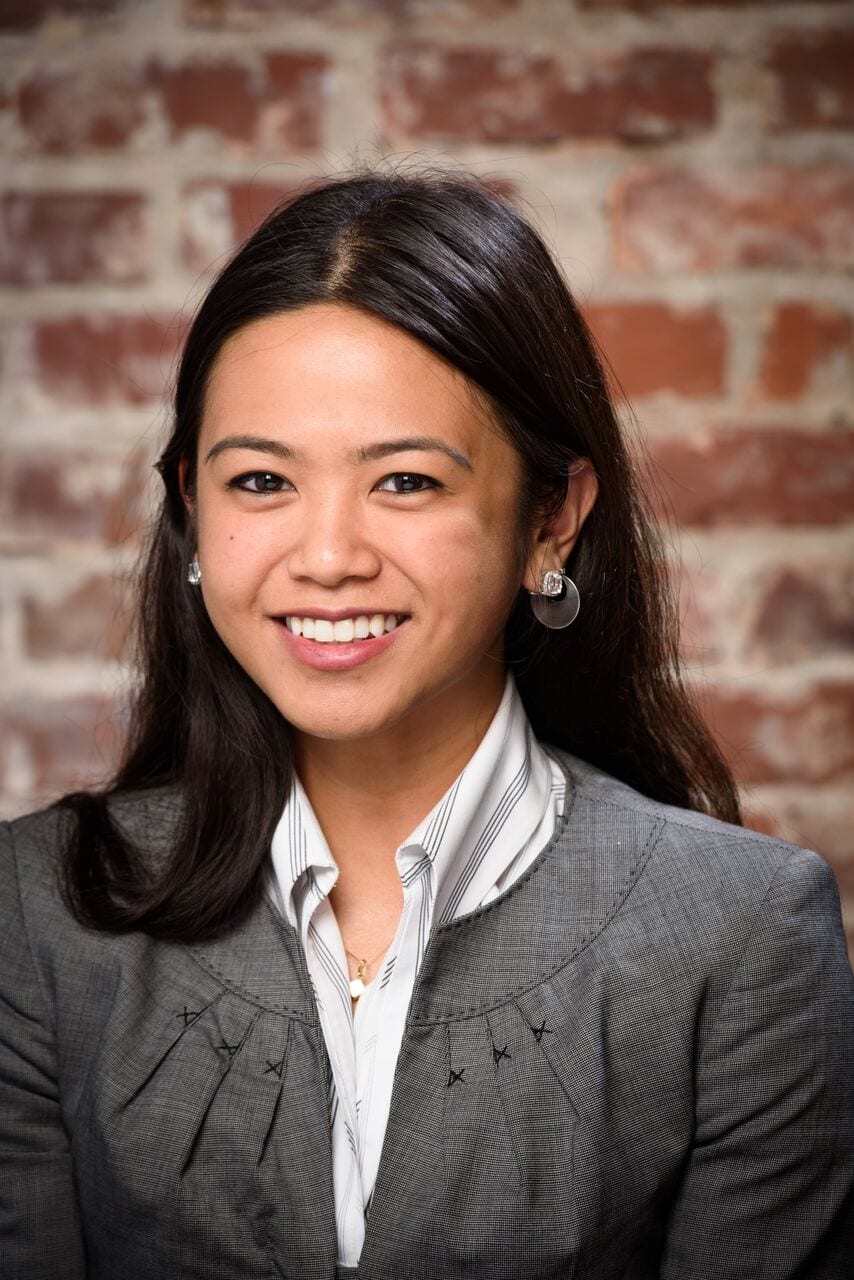
“I do pro-bono work because the legal field should be more diverse than it currently is to better serve clients and bridge access to communities in need. My nonprofit experiences with immigrant communities before law school taught me the impact of a shared cultural or linguistic connection and also how homogenous the legal profession can be. As a first-generation Filipino American, I hope to disrupt this by reflecting client demographics and establishing rapport with people who are afraid to seek legal assistance or are unaware of their rights.
I’m a student counselor at both the Workers’ Rights Disability Law Clinic (WRDLC) and the Wage Justice Clinic (WJC). Before Berkeley, I worked with survivors of labor trafficking, many of whom were Filipinx, who cited wage theft as a common issue and point of entry into the legal system. I joined the WRDLC to broaden my understanding of workplace issues including discrimination and harassment.
Law school, the systems and institutions at play, and even the power dynamics can make being a student feel overwhelming and at times powerless. Pro-bono work is one way to stay grounded and work directly with clients and against systems of oppression. Whether it’s through suggesting a website to search for reasonable accommodations or drafting a demand letter for stolen wages, pro bono work can teach you not only to be a better advocate but also can show you that with tools, clients can also advocate for themselves. “
Follow the Berkeley Law Pro Bono Program on Instagram or LinkedIn to stay up to date with the latest program highlights. Alumni, join our LinkedIn Group.